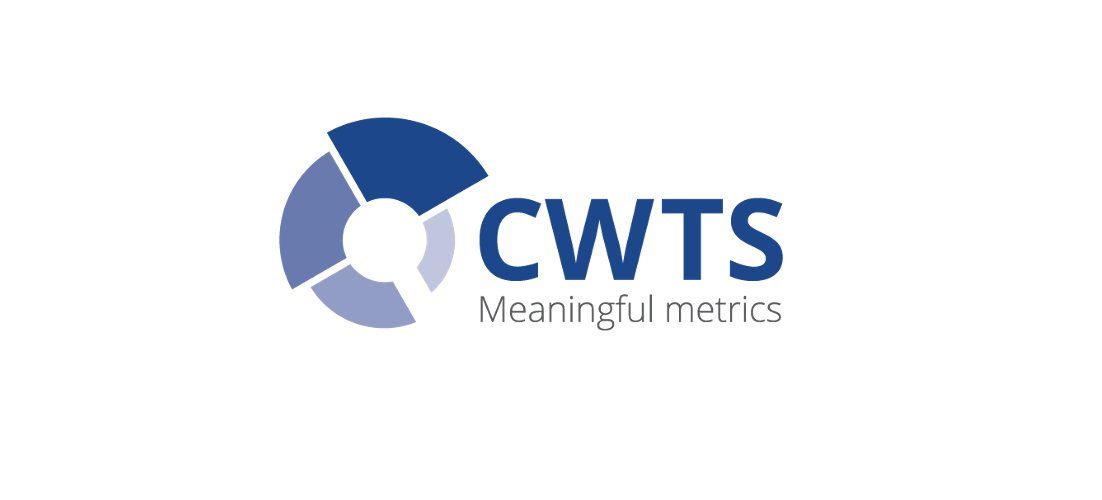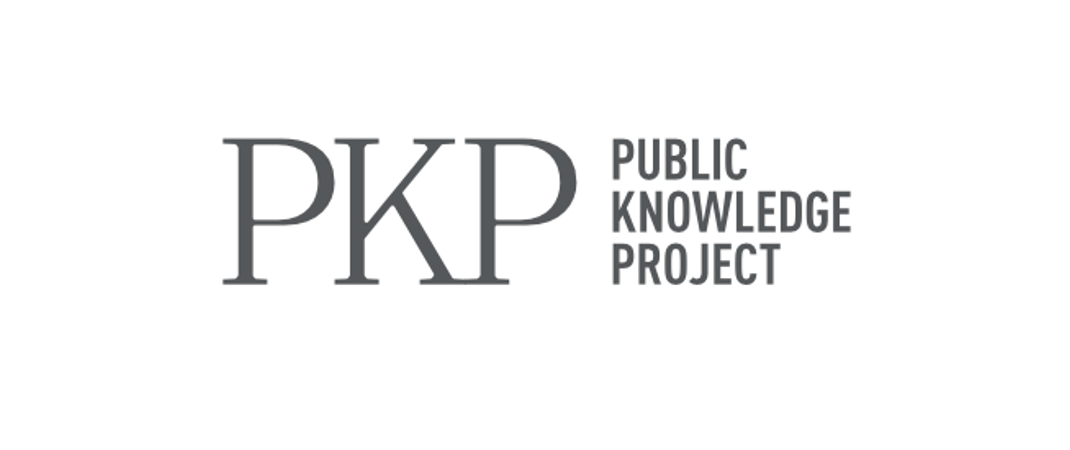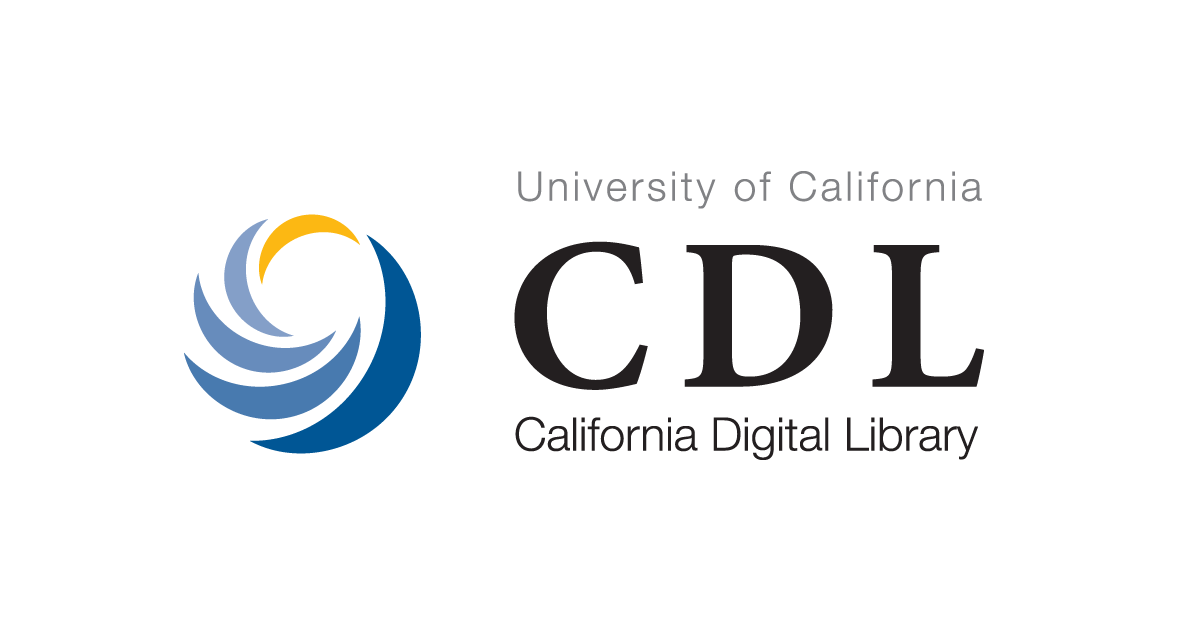
Crossref's Perspective on Open Metadata Enrichment
As one of the largest open scholarly infrastructures and metadata registries, Crossref offers a unique perspective on collaborative metadata enrichment and how initiatives like COMET align with its development roadmap, driven by the goals of its diverse community—by Ginny Hendricks, Chief Program Officer at Crossref.

COMET Enrichment Projects: From Ideas to Action
The COMET demonstration projects are in full swing! Read more about the focus and goals of the projects and how you can get involved.

Driving open research information forward: Why metadata enrichment matters for us at CWTS
The Centre for Science and Technology Studies (CWTS) at Leiden University recently joined the COMET Organizer group. In this post, CWTS researcher Nees Jan van Eck explains why CWTS is passionate about enriching metadata and participating in COMET.

Why Metadata Enrichment Matters for the Public Knowledge Project
Through COMET, PKP wants to help put in place processes, systems, and governance that can bring together a community—of scholars, librarians, infrastructure developers, university administrators, funders, and others—to develop a shared accountability for the integrity of scholarly communication.

California Digital Library’s COMET Organizational Perspective
Why CDL Is Investing in COMET: A Community-Centered Path to Richer Metadata

COMET in Action: Pilots, Progress, and What Comes Next
We’re excited to share that the overwhelmingly positive response to this call has propelled us into an active development phase of piloting enrichment and curation workflows with initial partners and respondents.

Participant Perspectives | European Molecular Biology Laboratory (EMBL)
EMBL-EBI Perspective. ‘At European Molecular Biology Laboratory (EMBL), we see a clear alignment between our metadata initiatives and the goals of COMET (the Collaborative Metadata Enrichment Taskforce). COMET calls on institutions, repositories, and service providers to work together in enriching metadata in ways that are open, trusted, and scalable. Our internal initiative, ENRICH (Enhancing Open Infrastructure with Research Information and Curated High-Quality Metadata), is direct aligned to this call. What follows is a deeper look into the motivations behind our work and how EMBL’s effort supports and extends the COMET model.’

Participant Perspectives | Bhavesh Patel, Research Professor
Interview with COMET participant, Bhavesh Patel.

Participant Perspectives | Cameron Neylon, Curtin Open Knowledge Initiative
Cameron Neylon gives us his perspectives on the potential for collaboratively enriched metadata in research.

Participant Perspectives | Howard Ratner, CHORUS
Interview with COMET participant Howard Ratner from CHORUS.

Participant Perspectives | Cristina Huidiu, Wageningen University & Research Library
Interview with COMET participant, Cristina Huidiu, Wageningen University & Research.

Participant Perspectives | Kyle Demes from OurResearch
‘A model where universities divert the resources they spend on curating proprietary databases to an open infrastructure who curates the metadata openly for all downstream providers to use (including the proprietary systems!) is particularly exciting.’

Participant Perspectives | Hannah Hope from Wellcome
“From my position within a funder, our interests are focused on improving research discoverability across a range of research outputs and enhancing our ability to understand the reach and use of those outputs. We want to contribute the enrichments we have made within our systems with others in the community.”

Call to Action from the Collaborative Metadata Enrichment Taskforce (COMET)
Through extensive stakeholder consultation, COMET has identified the critical need for improving PID metadata through community-driven enrichment… COMET now looks to transition this work into a development phase and seeks strategic partners who can provide financial support, technical expertise, and operational guidance to ensure the infrastrastructure's successful implementation and long-term sustainability.

Summary Report COMET Implementation Scenario Listening Sessions | February 18, 2025
The following was provided as a read-ahead to the listening sessions conducted on February 18, 2025. Comments on the document are combined with those from the listening session and summarized in the participant comments section.

Summary Report COMET Governance Listening Sessions | January 23, 2025
The following was provided as a read-ahead to the listening sessions conducted on January 23, 2025. Comments on the document are combined with those from the listening session and summarized in the participant comments section.

COMET is now a FORCE11 Working Group
We’re excited to share that the Collaborative Metadata Enrichment Taskforce (COMET) is now an official FORCE11 Working Group.

Summary Report COMET Product Development Listening Sessions | December 19, 2024
This post includes a Product Development Outline by COMET convener, Adam Buttrick; and aggregated comments from COMET participant read-ahead feedback and listening sessions on December 19, 2024.

Summary Report COMET Introductory Sessions | November 7, 2024
The introductory sessions for the Collaborative Metadata Enrichment Taskforce (COMET) were held on November 7, 2024. To accommodate different time zones, two sessions were held, hosting the same presentations at each and including a break for group discussion. The following provides a summary of the presented content and summarizes the discussions for both sessions. The sessions were convened and presented by John Chodacki (California Digital Library); Adam Buttrick (California Digital Library/ROR); Juan Pablo Alperin (Simon Fraser University/Public Knowledge Project); and Clare Dean (COMET).

Advancing Metadata Quality: An Open Call to Collaborate
In the rapidly evolving landscape of research, the importance of high-quality metadata and persistent identifiers (PIDs) cannot be overstated. PIDs and metadata are the connective tissue that binds together diverse research outputs, enabling discovery, accessibility, and reuse. Despite their critical role, the current model for metadata creation and enrichment is fraught with inefficiencies. Routinely, the task of improving metadata falls solely on PID creators or occurs within isolated, service-level silos. This fragmented approach leads to significant gaps in quality and coverage, creating barriers to the seamless integration and use of research information across platforms.
